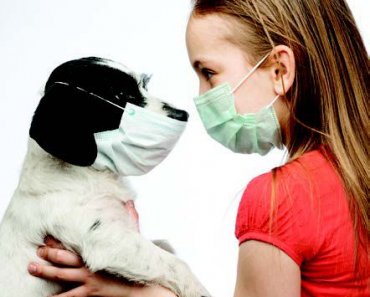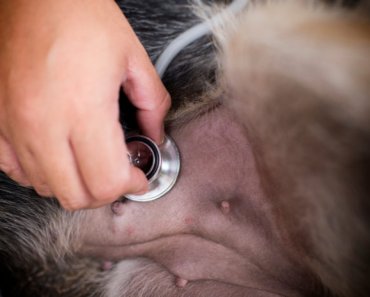Can you catch COVID-19 from your cat, or vice versa? Here’s what’s currently known about the transmission of this disease between humans and felines.
People love to snuggle with their pets. But after two cats in New York tested positive for COVID-19, some pet parents have developed doubts about whether they could catch the virus from their feline companions. But like the three dogs and the tiger at a New York zoo that have tested positive for this novel coronavirus, the cats caught COVID-19 from humans – not the other way around.
It’s extremely rare for cats to catch this form of coronavirus
At the time of this writing, there are currently only three known cases of domestic cats catching COVID-19. In an interview with NBC affiliates, American Veterinary Medicine Association spokesperson Michael San Filippo said: “This is almost exclusively a human-to-human transmitted disease. The risk to pets is very low, with only a handful of cases of the virus appearing in companion animals, and no cases of people getting sick from their pets.”
Cats should practice social distancing, too
If you have an indoor-outdoor cat, try to keep him inside so he doesn’t come in contact with non-family members outside your home. In the event that you have a pet sitter, ask him or her to wear a mask and gloves and practice good hygiene while caring for your cat inside your home. This is good practice for anyone who comes in for any reason. Be sure to wear gloves as you sanitize surfaces when you return home.
Well-known media veterinarian, Pete Wedderburn, BVM&S CertVR MRCVS, who is on the advisory board for We’re All About Pets reiterates this advice: “The chance of a pet catching COVID-19 is absolutely minimal. However pet owners should be aware that dogs and cats, just like other objects in the house, could in theory carry droplets from coughing on the surface of their body. For this reason, if you are ill, you should stop spending time close to your pets in case you cough on them. And if your country has a policy of “lockdown” just now, you should treat your pets as part of your own household “bubble”, avoiding contact with other households. This means keeping cats indoors if possible, and keeping dogs on leashes while on walks if they are otherwise likely to engage with people and other dogs.”
Take extra precautions if someone in your home has COVID-19
Even though the risk of transmitting COVID-19 to your cat is very low, there is a small chance that your cat could catch the virus from a sick family member. While having pets present might be comforting to someone who is ill, it’s best for that person to avoid contact with all other household members – and that includes your pet.
In case you’re the pet’s only caretaker and you have COVID-19, wash your hands before and after taking care of him, and try not to snuggle with him.
There’s another reason why individuals who have COVID-19 should minimize contact with their pets. Fomites, which are materials or objects that can host a virus even for a short time, can serve as transmission points from one family member to another. Hard, smooth surfaces such as metal and plastic are capable of acting as fomites for up to 72 hours. Softer, more porous items allow viral particles to survive for far lower periods of time.
While porous and fibrous materials such as your cat’s fur absorb and trap viral particles, making them very difficult to pick up, it is possible (but not probable) that your cat’s coat could act as a fomite. It’s a good idea to wash your hands before stroking your pet if you are sick or think you might have the virus. Other families should wash their hands before and after interacting with the cat, and everyone should remember not to touch their faces.
Veterinary visits are often possible
If your cat needs to see the vet, it’s likely that your veterinarian will be able to help you. Many vets have adopted telemedicine as a way to see pets and chat with pet parents about symptoms. Many are still offering vaccines and other critical services, and most are able to take care of emergencies.
If your vet can see your cat during this time, it’s likely that some social distancing protocols will be in place. You might be asked to wear a mask, and you might need to transfer your cat to clinic staff in the parking lot, then wait in your car, communicating via phone, video, or text.
Final thoughts
The CDC confirms that there is currently no evidence that pets can spread COVID-19 to humans. More research is underway. Until we know more, it’s best to take reasonable precautions to keep yourself and your cat safe.


























